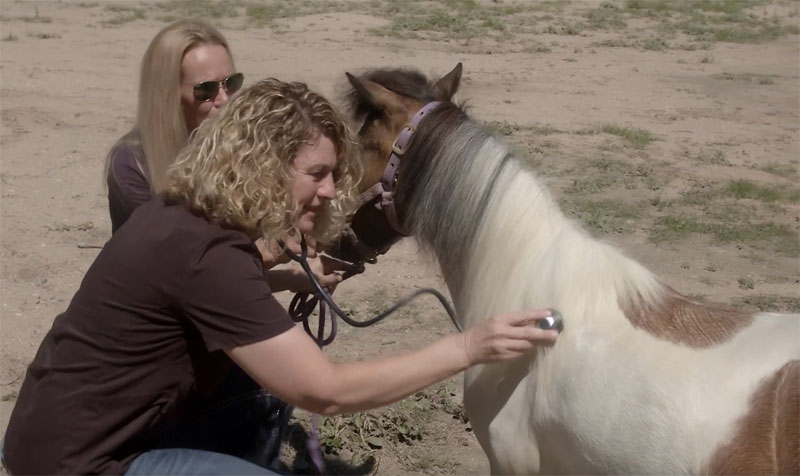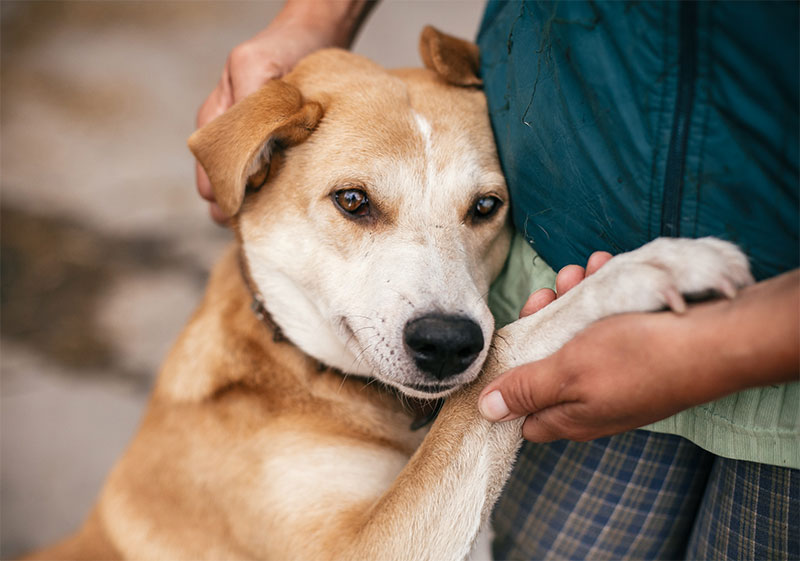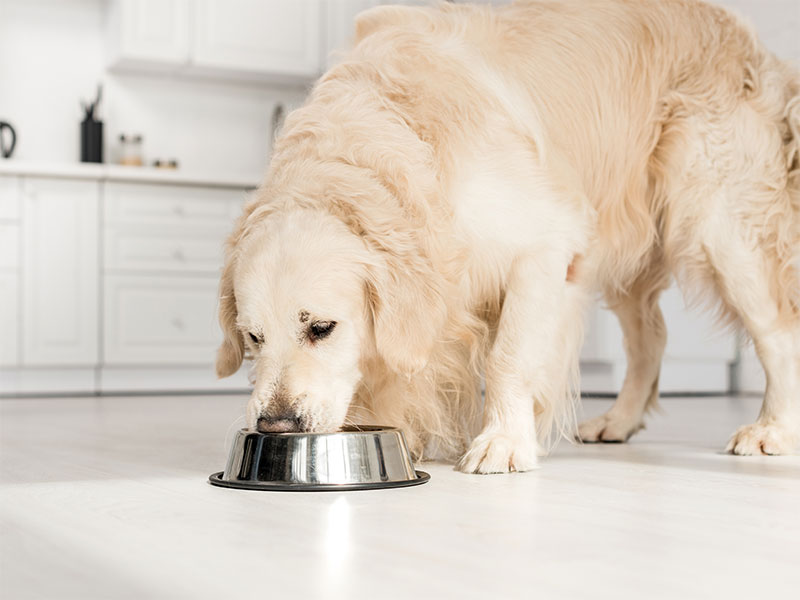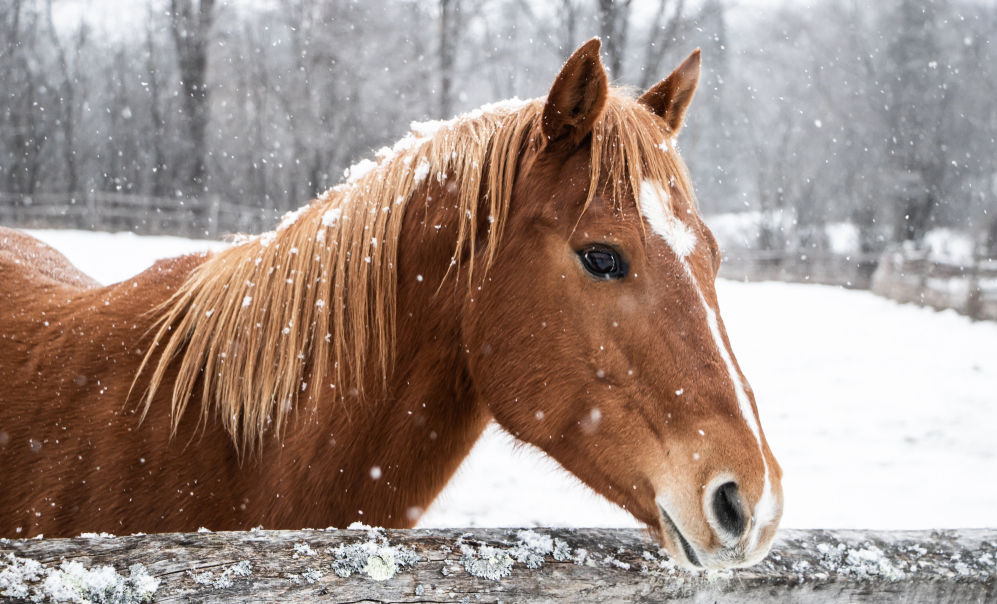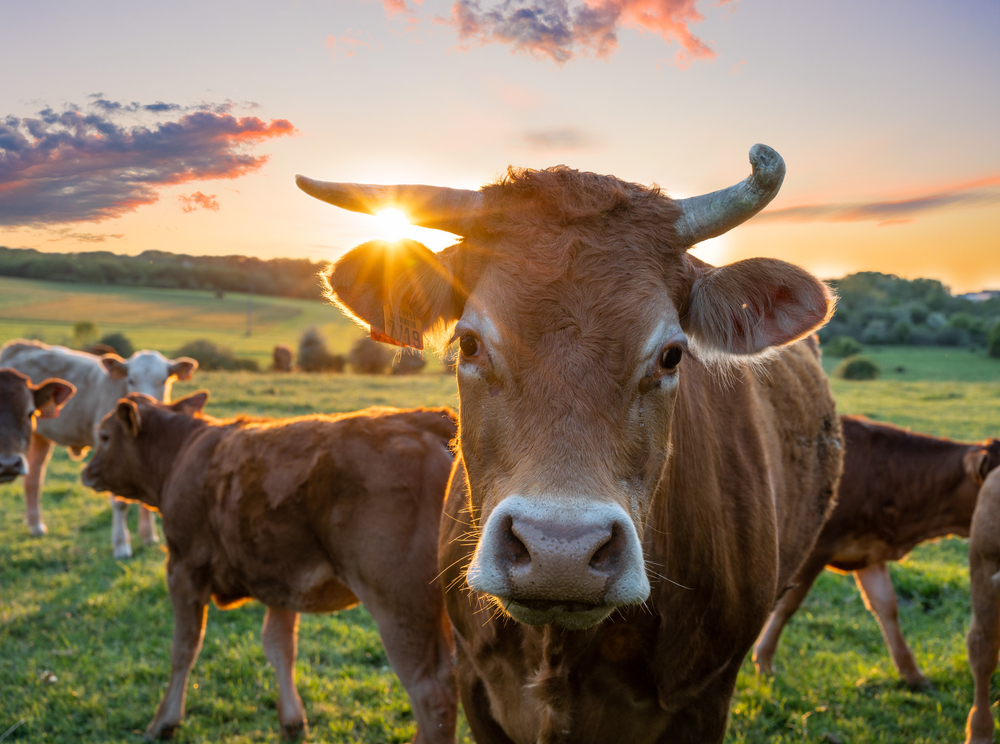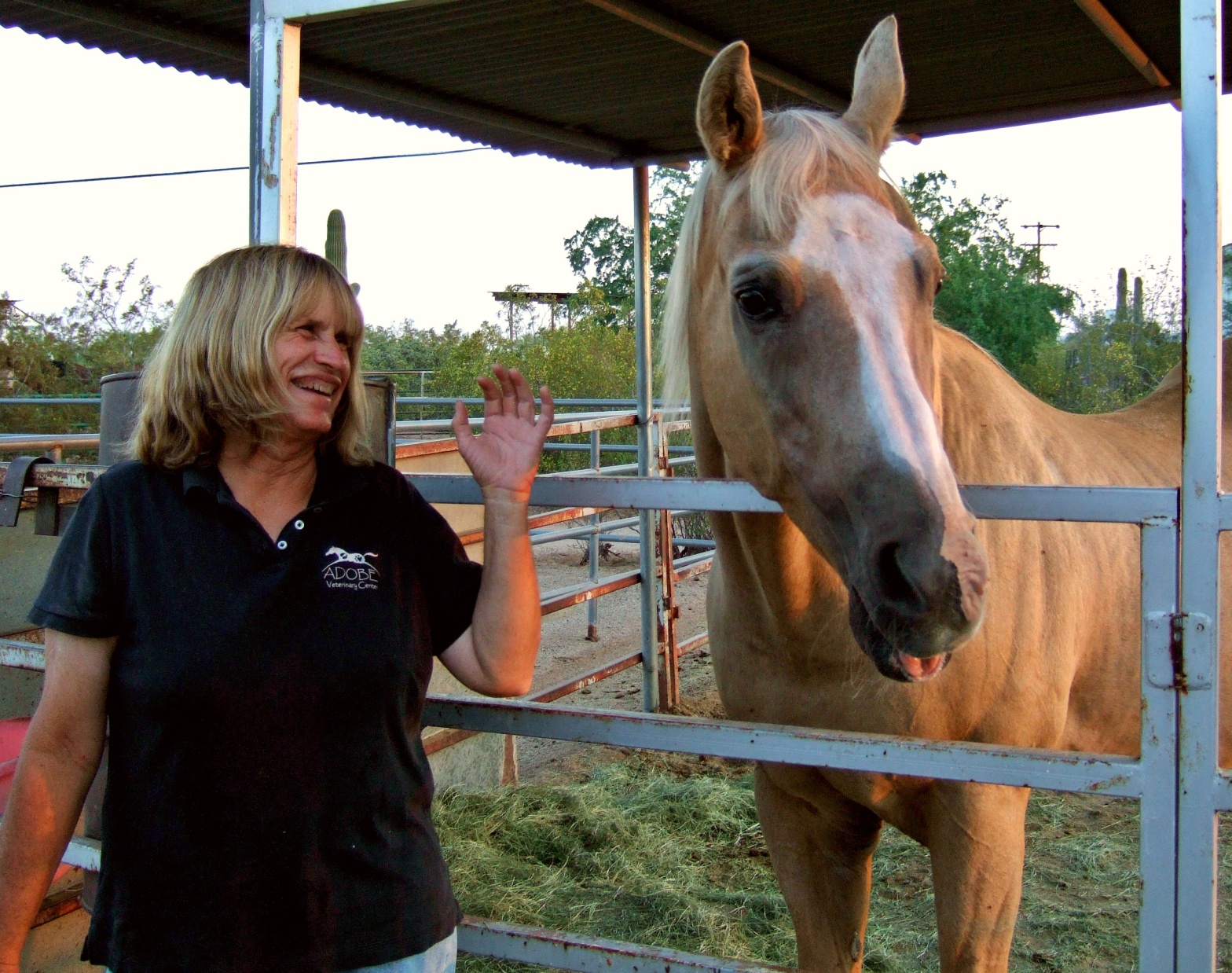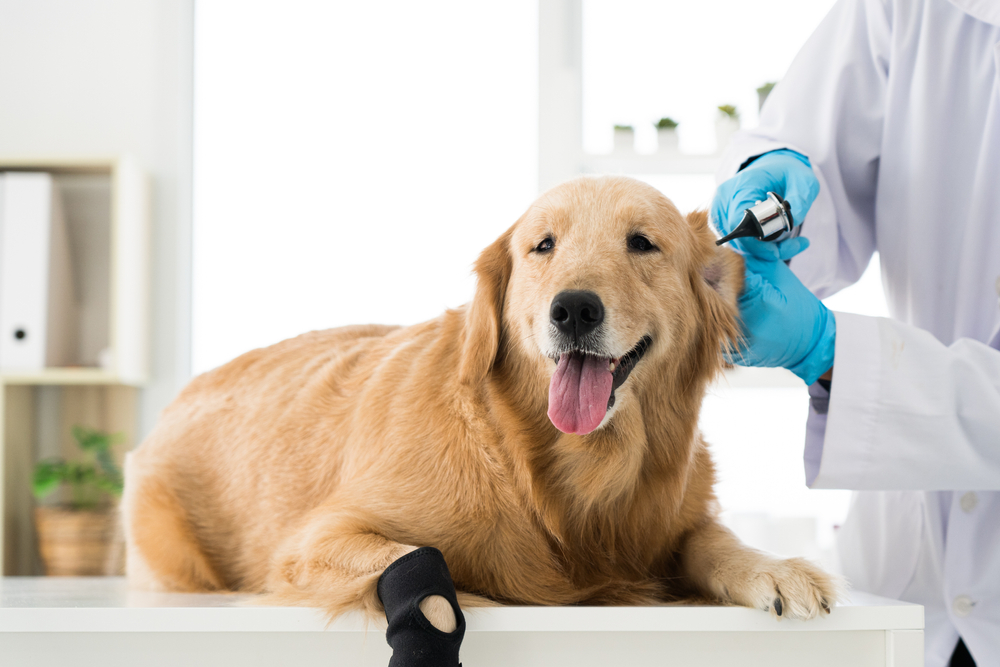As we trot into the heart of 2023, the equine world is abuzz with groundbreaking products designed to enhance the well-being of both horses and riders. In this month’s blog, we’ll explore specific products that have captured the attention of the equestrian community, promising unparalleled benefits for our four-legged companions and the comfort of their riders.
Author: adobevetcenter
Nurturing Lifelong Bonds: Understanding and Preventing Canine Lymphoma
As a dog parent, facing Canine Lymphoma can be tough, but by staying informed, spotting signs early, and taking proactive steps, you can play a key role in ensuring your furry friend enjoys a happy, healthy, and lymphoma-free life.
Battling the Bulge: Understanding Pet Obesity and How to Keep Your Furry Friend Healthy
Pet obesity is a critical issue that affects millions of pets and reduces their quality of life. By understanding the risks and taking proactive steps to manage your pet’s weight, you can ensure a happier, healthier life for your furry friend.
Winter Prepping – Caring For Your Horses
With dropping temperatures and changing environmental conditions, it’s crucial to prepare both your horses and their living environments for the winter season.
Understanding Pet Birth Defects and How your Vet Can Help
Bringing a new pet into your family is an exciting and heartwarming experience. However, sometimes pets are born with birth defects that can be a source of concern for their owners.
All About Dehorning: Ensuring the Well-being of Your Cattle
Our experienced veterinarians are well-trained in various dehorning methods, ensuring that the procedure is performed safely and with minimal discomfort for the animals.
Nurturing Equine Companions: Tackling Common Behavioral Issues in Horses
Adobe Veterinary Center, nestled in the heart of Tucson, Arizona, is here to support you in your journey of nurturing your equine companion, ensuring their health and behavior are in harmony.
National Spoil Your Dog Day: 10 Ways to Pamper Your Pooch
As devoted dog parents, we understand the boundless love, joy, and companionship our furry four-legged friends bring into our lives. Our dogs offer us unwavering loyalty and endless cuddles, making it natural for us to want to spoil them in return.
Pet Dehydration – Signs & Symptoms: A Vital Concern for Pet Owners in Tucson
Caring for our pets’ health is a top priority for any pet owner. As the hot summer months descend upon Tucson, it becomes even more crucial to be aware of our pets’ well-being. While keeping our furry companions active and engaged is important, ensuring they stay properly hydrated is key to their overall health and happiness.
Equine Health: Understanding and Combating Common Parasites in Horses
Within the equine community, one prevalent concern that cannot be overlooked is parasite infestation, which commonly affects our equine companions. At Adobe Veterinary Center, our goal is to raise awareness about the common parasites found in horses and to highlight the negative impact they have on equine health and performance.
Summer Tips for Caring for Horses & Livestock: Keeping Your Animals Healthy and Happy
With the arrival of summer, horse and livestock owners need to take extra care to ensure the well-being of their animals
Summer Safety for My Pet: Essential Tips for a Happy and Healthy Season
With the arrival of summer, we humans are quick to embrace the sun, warmth, and outdoor activities. However, it’s important to remember that our furry companions may face unique challenges during this season.


